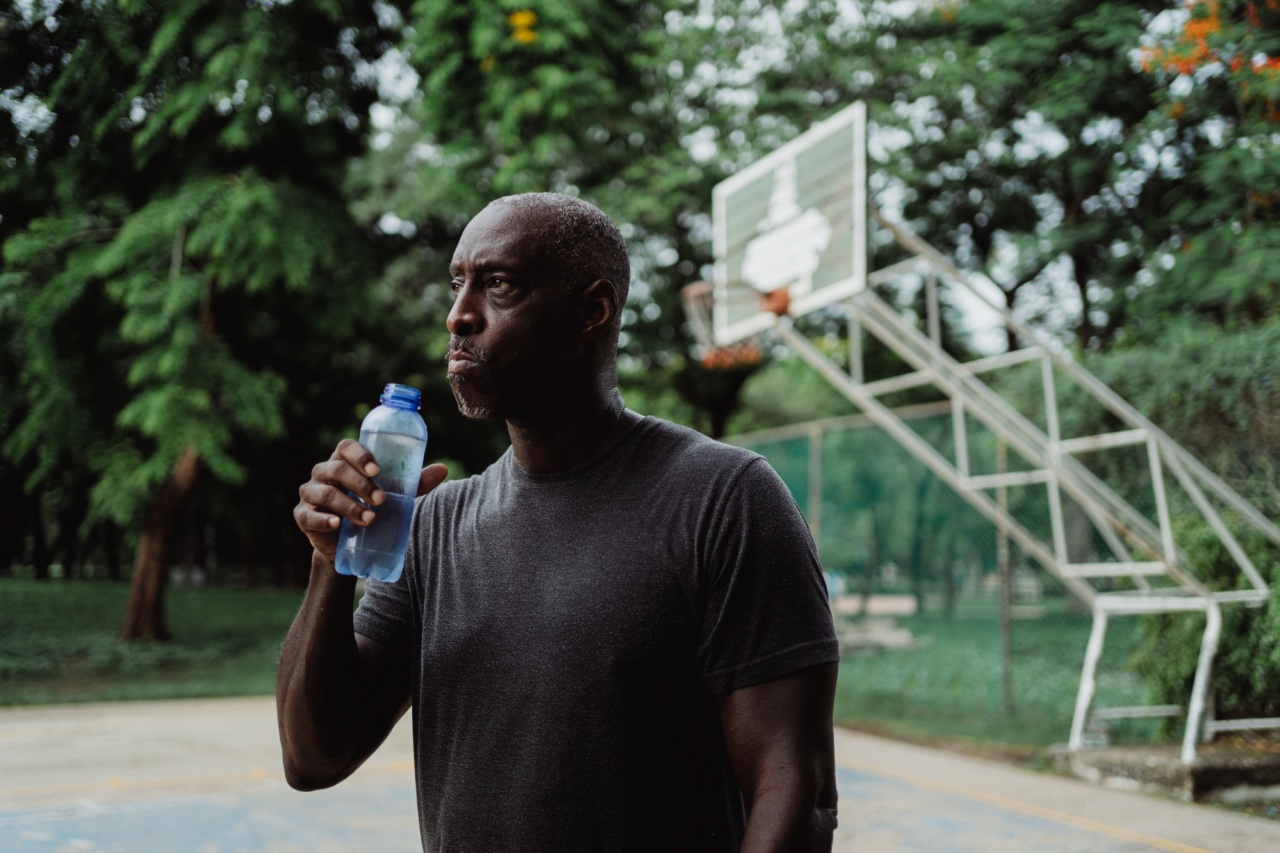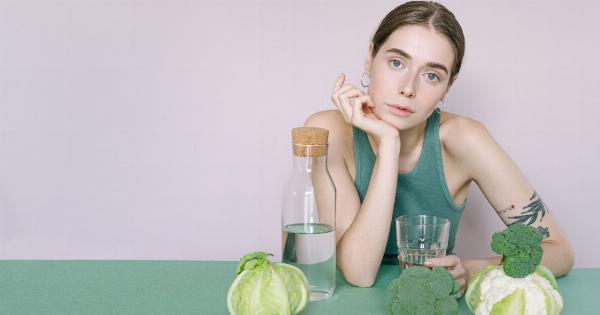When trying to lose weight, people often turn to water as their beverage of choice. It’s easy to see why- water is calorie-free, sugar-free, and good for overall health.
But recent studies suggest that low-calorie beverages might be the better option when it comes to weight loss.
The Studies
In a study published in The American Journal of Clinical Nutrition, researchers found that people who drank low-calorie beverages lost more weight than those who drank water. The study followed 318 overweight or obese adults for 12 weeks.
Half of the participants were instructed to drink water before meals, while the other half were told to drink either diet soda or other low-calorie drinks. Both groups were following a calorie-restricted diet.
At the end of the 12 weeks, the group that drank the low-calorie beverages lost an average of 13 pounds, while the water-drinking group lost an average of 9 pounds.
The researchers hypothesize that the sweet taste of the low-calorie beverages might have helped to reduce food cravings and make it easier for participants to stick to their calorie-restricted diet.
Another study published in The Journal of the Academy of Nutrition and Dietetics found similar results. In the study, 303 adults were randomly assigned to one of three groups: water, diet soda, or water with a meal replacement powder.
All three groups were following a low-calorie diet.
After 12 weeks, the group that drank the diet soda had lost an average of 12.2 pounds, while the water-drinking group had lost an average of 9.8 pounds. The meal replacement powder group had lost the most weight, with an average of 14.8 pounds lost.
However, the study found that the diet soda drinkers had a greater increase in HDL (“good”) cholesterol than the water drinkers, which is a positive for overall health.
Why Low-Calorie Beverages Might Be More Effective
So why might low-calorie beverages be more effective for weight loss than water? There are a few reasons:.
Sweet Taste
The sweet taste of low-calorie beverages might help to reduce food cravings and make it easier for people to stick to their calorie-restricted diets. When people are trying to lose weight, they often have to give up their favorite sugary treats.
Drinking a sweet-tasting beverage can help to satisfy those cravings without derailing their weight loss progress.
Variety
Drinking water all day every day can get monotonous. Low-calorie beverages like diet soda, flavored water, or low-calorie juice can provide some variety and make it more enjoyable to stick to a restricted calorie intake.
No Calorie Counting
With water, there’s no question about how many calories you’re consuming- zero. But with other low-calorie beverages, people might have to keep track of how many calories they’re drinking.
This can help to keep them more mindful of their overall calorie intake and potentially lead to greater weight loss.
The Risks
While the studies suggest that low-calorie beverages might be a more effective weight loss tool than water, it’s important to remember that they’re not without their risks. Here are a few to consider:.
Artificial Sweeteners
Many low-calorie beverages are sweetened with artificial sweeteners like aspartame, saccharin, or sucralose.
While these sweeteners are generally recognized as safe by the FDA, some studies have linked them to health issues like headaches, digestive problems, and increased cancer risk.
Dehydration
While drinking water might not be the most exciting beverage option, it’s important for staying hydrated. Dehydration can lead to a host of problems, from headaches to kidney stones.
People switching to low-calorie beverages should be mindful of their overall fluid intake and make sure they’re still getting enough water.
Conclusion
While water might seem like the obvious choice for weight loss, recent studies have found that low-calorie beverages might be more effective.
Their sweet taste, variety, and lack of calorie counting might make it easier for people to stick to a restricted calorie diet. However, people should also consider the risks of consuming artificial sweeteners and make sure they’re staying hydrated.


























